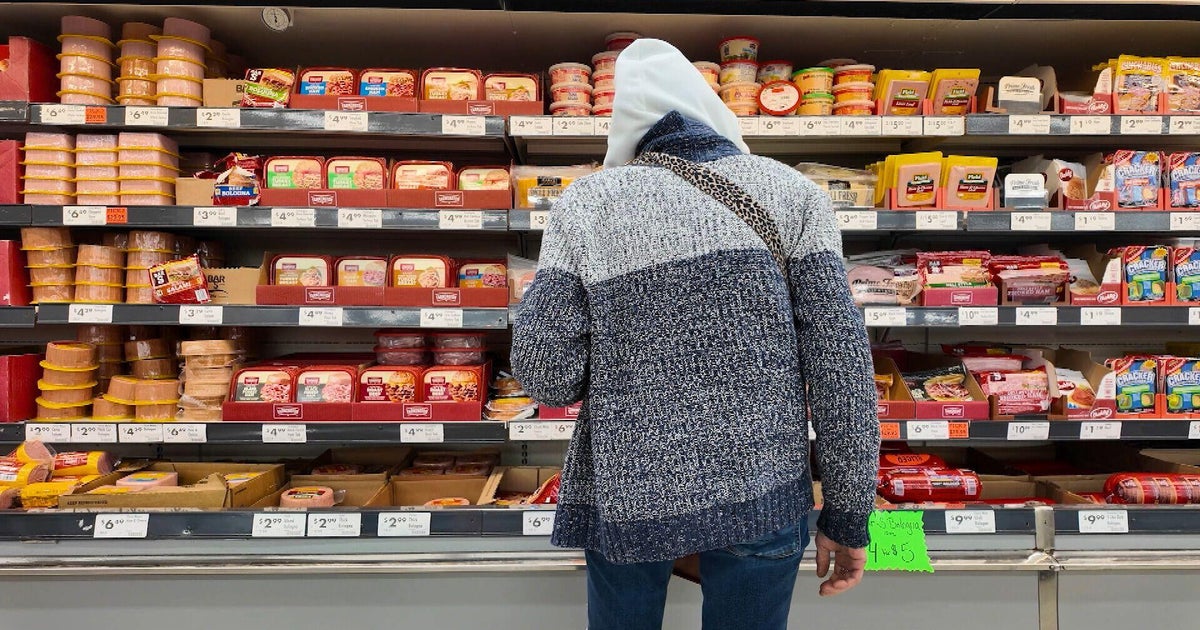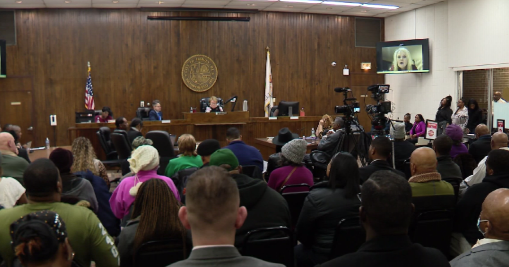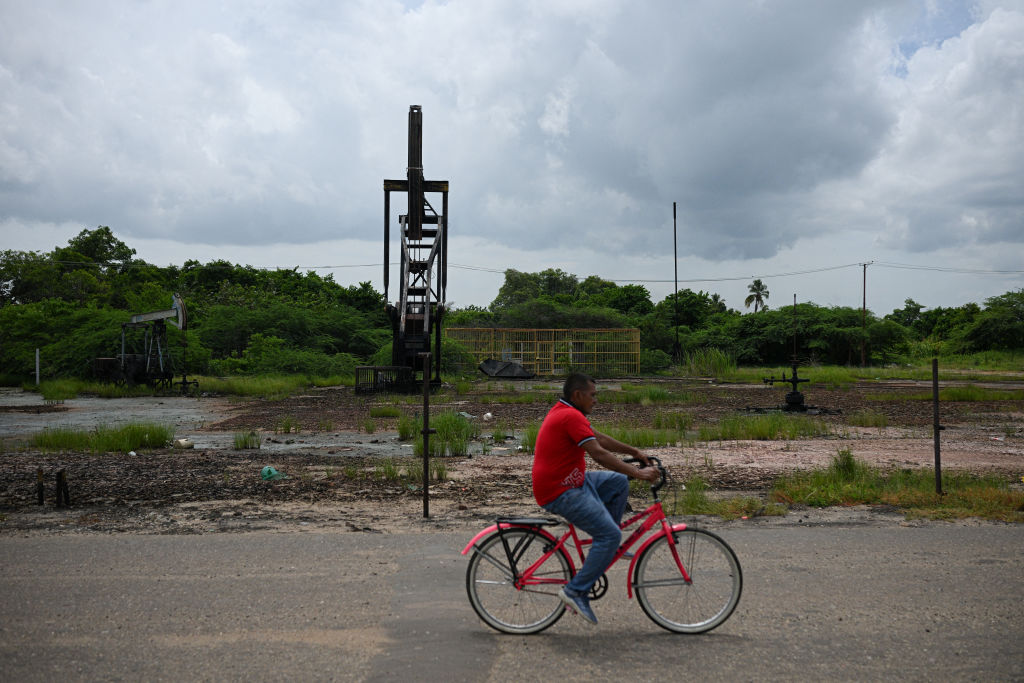Why America's recycling industry is in the dumps
America's recycling industry is in the dumps.
A crash in the global market for recyclables is forcing communities to make hard choices about whether they can afford to keep recycling or should simply send all those bottles, cans and plastic containers to the landfill.
Mountains of paper have piled up at sorting centers, worthless. Cities and towns that once made money on recyclables are instead paying high fees to processing plants to take them. Some financially strapped recycling processors have shut down entirely, leaving municipalities with no choice but to dump or incinerate their recyclables.
"There's no market. We're paying to get rid of it," says Ben Harvey, president of EL Harvey & Sons, which handles recyclables from about 30 communities at its sorting facility in Westborough, Massachusetts. "Seventy-five percent of what goes through our plant is worth nothing to negative numbers now."
It all stems from a policy shift by China, long the world's leading recyclables buyer. At the beginning of the year it enacted an anti-pollution program that closed its doors to loads of waste paper, metals or plastic unless they're 99.5 percent pure. That's an unattainable standard at U.S. single-stream recycling processing plants designed to churn out bales of paper or plastic that are, at best, 97 percent free of contaminants such as foam cups and food waste.
The resulting glut of recyclables has caused prices to plummet from levels already depressed by other economic forces, including lower prices for oil, a key ingredient in plastics.
The regional waste processing facility in Monterey, California asked residents to stop disposing of plastic bags, since they no longer can recycle them.
"Markets still exist for most materials. But plastic film, we basically can't find a market for it — plastic bags, bread bags, newspaper bags, things like that," said Jeff Lindenthal, the director of sustainability and communications for the Monterey Regional Waste Management District.
He added, "The opening of our state-of the-art $24 million procession facility coincided with the collapse of the global recycling market."
Steep revenue declines
The three largest publicly traded residential waste-hauling and recycling companies in North America — Waste Management, Republic Services and Waste Connections — reported steep drops in recycling revenues in their second-quarter financial results. Houston-based Waste Management reported its average price for recyclables was down 43 percent from the previous year.
"A year ago, a bale of mixed paper was worth about $100 per ton; today we have to pay about $15 to get rid of it," says Richard Coupland, vice president for municipal sales at Phoenix-based Republic, which handles 75 million tons of municipal solid waste and 8 million tons of recyclables nationwide annually. "Smaller recycling companies aren't able to stay in business and are shutting down."
Kirkwood, Missouri, announced plans this summer to end curbside recycling after a St. Louis-area processing facility shut down. Officials in Rock Hill, South Carolina, were surprised to learn that recyclables collected at curbside were being dumped because of a lack of markets. Lack of markets led officials to suspend recycling programs in Gouldsboro, Maine; DeBary, Florida; Franklin, New Hampshire; and Adrian Township, Michigan. Programs have been scaled back in Flagstaff, Arizona; La Crosse, Wisconsin; and Kankakee, Illinois.
Other communities are maintaining recycling programs but taking a financial hit as regional processors have raised rates to offset losses. Richland, Washington, is now paying $122 a ton for Waste Management to take its recycling; last year, the city was paid $16 a ton for the materials. Stamford, Connecticut, received $95,000 for recyclables last year; the city's new contract requires it to pay $700,000.
Sloppy recycling
A big part of the problem, besides lower commodity prices overall, is sloppy recycling.
In the early days of recycling, people had to wash bottles and cans, and sort paper, plastic, glass and metal into separate bins. Now there's single-stream recycling, which allows all recyclables to be tossed into one bin. While single-stream has benefited efficiency, and customers like it, it's been a challenge on the contamination side.
A tour of Republic's facility in Beacon, about an hour's drive north of New York City, makes the challenges clear. A third of the material dumped by collection trucks is non-recyclable "contaminants" such as garden hoses, picnic coolers and broken lawnmowers. Workers have to pull that out and truck it to a landfill, adding to overall costs. Plastic bags contaminate bales of other materials and tangle machinery. Spilled ketchup and greasy pizza boxes turn otherwise marketable material into garbage.
"The death of recycling was completely avoidable and incredibly easily fixed," says Mitch Hedlund, executive director of Recycle Across America, which advocates standardized labeling on recycling bins so people understand what goes in and what doesn't.
A range of initiatives have been launched to get people to recycle right. Chicago is putting "oops" tags on curbside recycling bins with improper contents and leaving them uncollected. Rhode Island is airing "Let's Recycle Right" ads.
While some recyclables have been diverted to other Asian markets since China's closure, there are also signs of market improvement in the U.S. to offset the lost business, said David Biderman, CEO and executive director of the Solid Waste Association of North America. He noted Chinese paper manufacturers that had relied on recyclables imported into their country have recently purchased shuttered mills in Kentucky, Maine and Wisconsin.
Meanwhile, recyclable materials processors are re-negotiating contracts with municipalities to reflect the fact that prices paid for recyclables no longer offset the cost of collecting and sorting them.
"What we're advocating is to step back and re-look at recycling," Republic's Coupland said. "This is the new normal. The model no longer funds itself."



